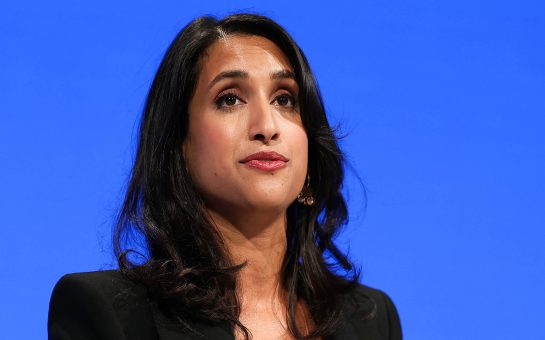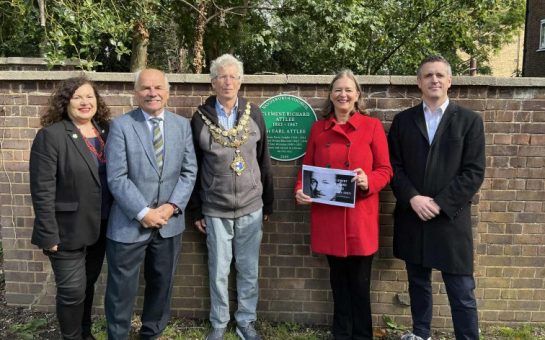By Gwyn Wright
December 10 2019, 18.00
Follow @SW_Londoner
The Boris Johnson era has begun.
The Conservative Party won an overall majority of 80 in an election that has realigned British politics.
The party made gain after gain in traditionally Labour, Leave-voting seats in the north and midlands which failed to back Theresa May last time.
Addressing first-time Conservative voters this morning, he said: “Your hand may have quivered over the ballot paper before you put your cross in the Conservative box.
“You may intend to return to Labour next time round.
“If that is the case, I am humbled that you have put your trust in me and that you have put your trust in us.
“I and we will never take your support for granted.
“Parliament must change so that we in Parliament are working for you, the British people.’’
The Prime Minister increased his majority in his suburban London seat of Uxbridge and South Ruislip from 5,034 to 7,210.
Traditional Labour voters abandoned the Labour Party in scores of seats, producing some astonishing results as the evening unfolded.
Eighteen seats which had been held by the Labour Party at every election since the war fell to the Conservatives in a blue tide.
The result in Blyth Valley in the north east, which has returned a Labour MP since its creation in 1950, provided an early indication that the exit poll, which forecast a Conservative majority of 82, would be vindicated.
Scores of Labour seats fell throughout the night- including Tony Blair’s former seat in Sedgefield, Dennis Skinner’s Bolsover seat and Workington, which had attracted media attention for being a ‘must win’ seat for Johnson’s party.
Chancellor Sajid Javid said the Conservatives had become the ‘’party of the working class’’ and that the government “will listen to them’’.
Foreign Secretary Dominic Raab held his Esher and Walton seat with a reduced majority of 2,743, holding off a Liberal Democrat challenge.
The Conservatives lost a handful of seats in the South of England- including Putney to Labour and St Albans to the Liberal Democrats.
The results suggest class has become a less reliable indicator of voting patterns and factors such as age and education have become more important.
The Prime Minister’s strategy of squeezing the Brexit party with a hard-line strategy while pledging billions extra into public services after nearly a decade of austerity appears to have paid off.
Johnson has been in campaign mode from the first day of his premiership, appointing feared Vote Leave supremo Dominic Cummings as his Chief of Staff and announcing a wish list of spending priorities from the steps of Downing Street.
The government announced a blitz of domestic policies throughout August, from new infrastructure in the north to extra money for the NHS and a return to traditional approach to law and order.
Parliament was consistently pitted against ‘the people’ as the Prime Minister struggled to leave the European Union by the previous deadline of 31st October and the result appears to suggest large swathes of the public became weary of Brexit delay and rallied around that well versed mantle of ‘getting Brexit done.’
The Conservatives will now have to decide how they intend to keep new recruits from Labour on side and face a choice between adopting more statist policies on the economy and public services or sticking to a traditional free-enterprise approach.




